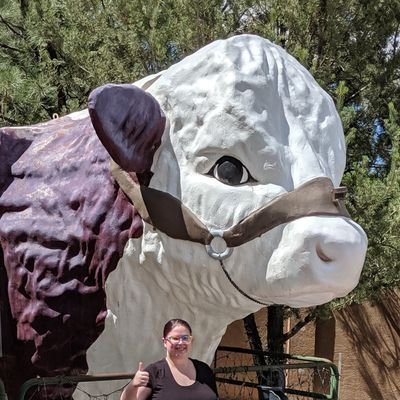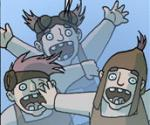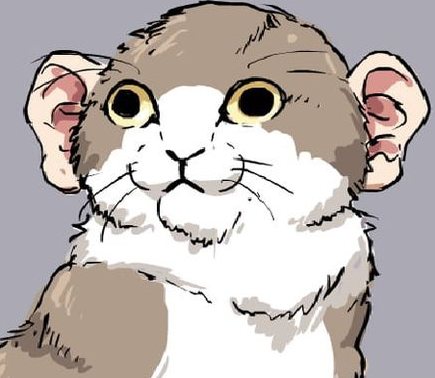https://en.m.wikipedia.org/wiki/Lavender_scare
I was intrigued by the interesting name, which left me so rapt that I started checking the sources because it sounded so outlandish that surely, it couldn’t be real. That culmated with me buying a shockingly expensive paperback book and reading the shit out of it. I kept having to check the copyright date because it seemed like a repeat of 2022. It gives me a lot of hope for humanity because America came out (heh) stronger because of it.
The wildest part is that it happened so recently ago, ALL the landmarks are still there in DC. There’s zero placards that acknowledge any of it, but you can still visit each of these places, some of which are right across from the White House. I recommend everyone read it, it shows the depth of evil, but also the hope of people, and how a peaceful social movement goes from the most hated, to one that became part of the cultural mainstream in a handful of decades. The wildest part is that it took this long, mostly being post WW2.
That book has even been referenced in the NYT in headline articles, which was awesome to see.
https://en.m.wikipedia.org/wiki/Scots_Wikipedia
So, Scots is an old language from Scotland (like pre-1700). It’s been recognised as an actual language, and is making a bit of a come back (although, maybe an “online comeback” because lots of people in Scotland speak Scots or are influenced by it. Scots never really died), and there are many ways to actually write it.
Anyway, this drama came to a point a few years ago on Reddit.
Basically, an American teenager created a bunch of translations of wiki articles. More than a bunch… Like A LOT.
To the point, that some of the translations became referenced in other sources as being factual, despite the fact that they were mostly “English with a Scottish language”.
Like, you know how AI generated data might be poisoning AI training? That kinda thing.
So, there is was a huge undertaking to review the Scots translation of Wikipedia, and ensure it is accurate.Funny example of how a person can „create facts“ nowadays. It’s all about the amount of times a certain thing is being used. Like, when humans started to use bowls back then, eventually bowls became an essential tool. Same with language. It starts to change because people use new words or different words in their normal language. We learn: even Wikipedia can change the language.
Wikipedia’s page on Fidel Castro is pretty fascinating. Dude was the IRL equivalent of movie villains who get some people like “wait, but they have good intentions, though”, he was batshit insane, and his life was very public.
List of unusual deaths is a classic, but Enclave and exclave is a really subtly strange topic, and I just love how detailed it is.
The list of unusual deaths had me in tatters when I got to the guy who got in a fight and was the first and only known person to die of an atomic wedgie (where your underwear gets pulled up so far it goes over your forehead).
I had tears rolling down my face and could barely breathe. RIP to a hero.
I’m looking this up right now!
I’m personally really fascinated by “Hall (Concept)”, which is largely etymology, but an interesting cultural history too.
Rip to post 2011 Texan inmates, way to ruin it for everyone guy!
My former wiki editor partner’s is the Ultimate fate of the universe.
I’m a big fan of 1925 Serum Run to Nome and The Tempest Prognosticator.
That article is disturbing.








